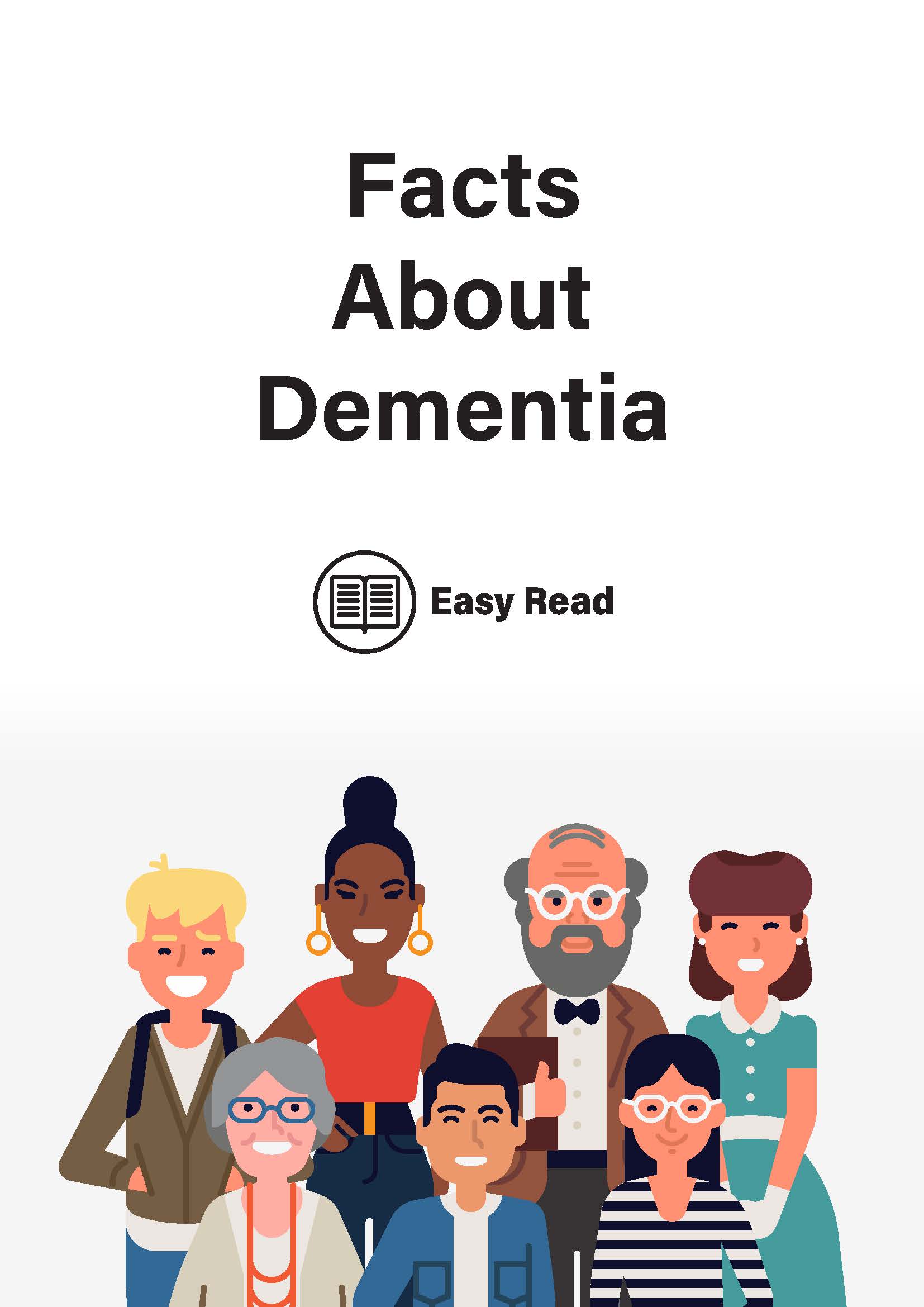27 February 2024
GPs piloting a screening tool to detect and reduce harm from gambling at practices in the Fairfield LGA say their involvement in the study, and the associated training, improved their understanding of gambling issues and increased their comfort in initiating conversations about gambling with patients.
The study’s findings were published in a report, Exploring the feasibility of a gambling harm screening model in general practice and community service settings in Fairfield, in the Australian Journal of Primary Health last week (18 February).
The research was undertaken by the Fairfield City Health Alliance Gambling Working Group, a collaboration between the three levels of government – SWSPHN, South Western Sydney Local Health District (SWSLHD) and Fairfield City Council – the multicultural gambling service, social service providers and academics.
It aimed to explore the enablers and barriers to implementing a co-designed screening tool in Fairfield – an area with high gambling expenditure.
The screening tool, used by GPs and community workers for 13 weeks in 2020, was developed for culturally and linguistically diverse communities, and materials were translated into three languages (Arabic, Assyrian and Vietnamese).
A training and resource kit was also developed for participants.
More than 130 patients completed the online screening and were referred to help services.
The screening data showed 40 per cent of patients had no risk of gambling harm, 17 per cent were considered at-risk due to their gambling behaviour and 20 per cent were at risk due to someone else’s gambling behaviour.
Twenty-three per cent of patients were identified as being at risk of gambling harm from both their own behaviour and someone else’s.
These rates of gambling harm are substantially higher than the 2019 NSW state prevalence survey.
Study participants said the tool was easy to use, the training empowered them to initiate conversations about gambling, and screening was a positive addition to holistic patient care.
One worker said they found the tool a “really good way to … start building on that relationship regarding gambling”.
Another said they used the tool to say “We’re here not to judge you. We’re here to support you’’.
One GP said they were now more comfortable bringing up, and even just having a basic discussion, about gambling after participating in the study.
Another GP suggested integrating questions about gambling harm into practices as part of an overall comprehensive approach, similar to asking about smoking or alcohol consumption.
The research found the screening tool showed real promise for addressing gambling in primary health and community settings, and was an entry point to:
- identify the level of gambling harm within community settings
- support active referral of those experiencing gambling harm to support services
- support a holistic approach to patient care by addressing gambling as part of comorbidities
- de-stigmatise gambling harm
Other findings from the study included:
- stigma poses a significant barrier to gambling treatment in culturally and linguistically diverse communities
- future implementation of screening in general practice and community services must have appropriate referral pathways in place to support patients
- staff must be adequately trained to engage in conversations around gambling harm, recognise indicators of gambling harm, and provide the appropriate referral and help-seeking pathways
- future research should examine the feasibility of embedding screening tools into practice management software systems
The report said: “In Australia, due to the high comorbidity between gambling harm and related issues addressed in primary care and community services, implementing gambling screening measures in these contexts is likely to be beneficial”.
Read the article
